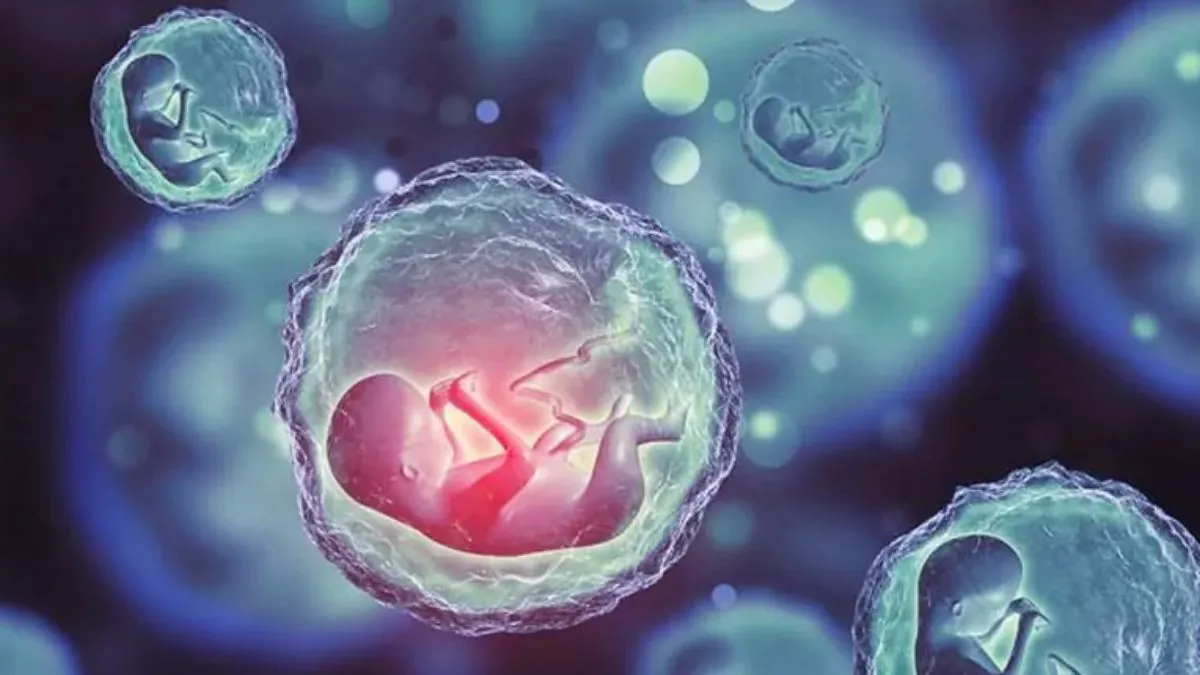
With newer developments in fertility treatment, getting pregnant is no longer a task for only a few. One such method making headlines in the IVF world is embryo pooling. If you wonder what this is and how it might increase your pregnancy chances, we reached out to an expert who explained it. Dr Saumya Kulshreshtha, Fertility Specialist at Birla Fertility & IVF, Lucknow, describes the process of embryo pooling and why it can be beneficial for some couples.
Table of Content:-
What Is Embryo Pooling?![]()
Dr Kulshreshtha states, For numerous couples undergoing IVF, the worst part is the uncertainty. You spend weeks on injections, scanning, and egg retrievals, only to discover the cycle failed or you did not produce enough embryos to continue. That is where embryo pooling provides a more strategic approach.
Embryo pooling involves gathering embryos from over one IVF stimulation cycle. The embryos are frozen and stored. When the time comes, physicians select the best available embryo or embryos to send back to the uterus. Rather than having one shot with one cycle, embryo pooling accumulates a reserve. It raises the likelihood that a healthy embryo will be present when the transfer time comes along.
Who Is Embryo Pooling Suitable For?![]()
Embryo pooling is not suitable for all. As per Dr Kulshreshtha, it is particularly beneficial for:
- Women with low ovarian reserve: When women have fewer eggs, just one cycle may give only a few embryos or zero. Pooling embryos for multiple cycles raises the possibility of having healthy ones.
- Women aged 35 and above: Egg quality decreases with age, increasing the likelihood of chromosomal abnormalities. Pooling embryos provides more opportunities for testing and choosing healthy embryos using preimplantation genetic testing (PGT).
- Poor responders to stimulation for IVF: Some women's bodies respond to stimulation poorly and yield few eggs. Pooling stands a better chance at harvesting viable embryos without having to do multiple transfers.
- Women with recurrent miscarriage: Embryo pooling, along with genetic analysis, can detect chromosomally normal embryos. This minimises the likelihood of another miscarriage.
ALSO READ: Does Weight Impact IVF Success? Expert Explains the Connection
Advantages Beyond Genetics Alone
Dr Kulshreshtha points out that embryo pooling not only improves medical success but also benefits emotionally, "Multiple failed IVF attempts can be physically and emotionally draining. Embryo pooling can bring more control and minimise uncertainty, although it takes longer." By freezing several embryos in advance, couples prevent the frustration of undergoing several transfers with low hopes each time.
How Does Embryo Pooling Work?![]()
Here's a brief overview of the embryo pooling process:
- Undergo several cycles of ovarian stimulation to harvest eggs
- Fertilise eggs in the lab to form embryos
- Freeze (vitrify) embryos from each cycle
- Once sufficient embryos are stored up, they undergo genetic screening if necessary
- Transfer the healthiest embryo(s) to the uterus
This step-by-step process allows fertility physicians greater freedom in choosing the optimal embryo.
Things to Keep in Mind Before Embryo Pooling![]()
- Embryo pooling can add to the overall duration of IVF therapy because several cycles must be completed before transfer.
- It involves freezing embryos, and that is a routine and safe procedure but may not be desirable for everyone.
- Not every couple will require embryo pooling. Your fertility expert may suggest it depending on your personal case.
ALSO READ: Can You Have Sex During IVF? What Fertility Expert Recommend
Conclusion
Embryo pooling is a new and promising method that has the potential to increase the chances of pregnancy in specific IVF situations. By creating a pool of embryos from several cycles, couples experiencing difficulties such as low ovarian reserve, advancing age, or multiple losses have a greater opportunity to choose healthy embryos. Although it may prolong the treatment period, embryo pooling provides greater control and less uncertainty, alleviating both the physical and emotional discomfort of IVF.
If you’re considering IVF or have struggled with previous cycles, talking to your fertility specialist about embryo pooling could be a valuable step.
Also watch this video
Read Next
Failed Cycles, Unspoken Grief: Expert Explains How To Create Space For IVF Loss And Heal Emotionally
How we keep this article up to date:
We work with experts and keep a close eye on the latest in health and wellness. Whenever there is a new research or helpful information, we update our articles with accurate and useful advice.
Current Version
Sep 14, 2025 10:45 IST
Published By : Vivek Kumar



